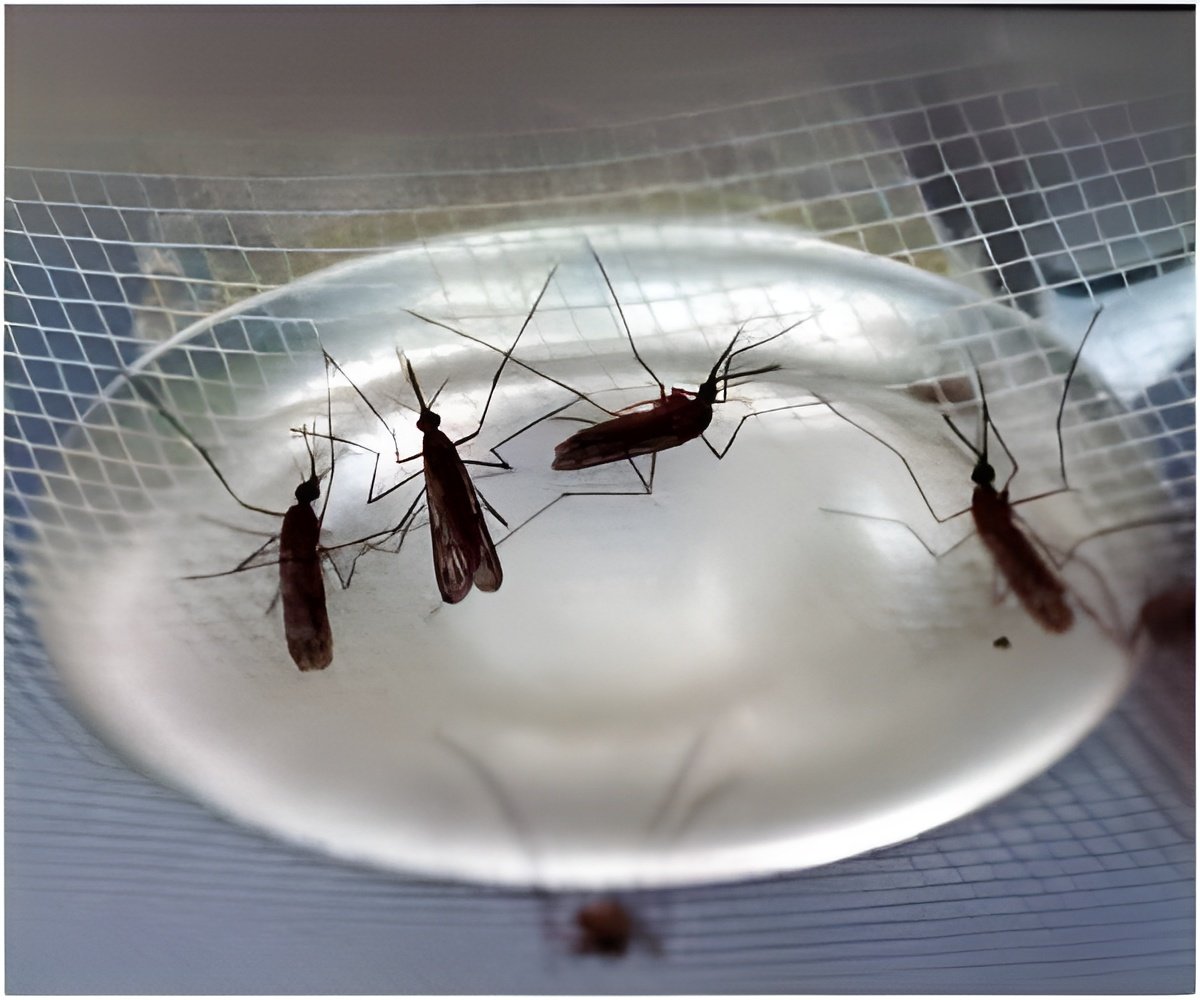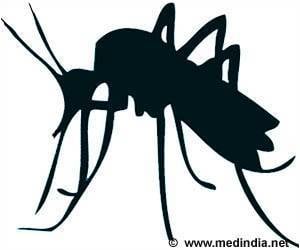
The model concluded that if 75 percent of the population were to use ITNs, malaria could be eliminated.
The treated mosquito net forms a protective barrier around people sleeping under them. The insecticide not only kills the mosquitoes, which carry the malaria parasite, and other insects, it also repels mosquitoes, reducing the number that enter the house and attempt to feed on people inside. With ITNs, the number of mosquitoes, as well as their length of life, is reduced, which is why the density of nets in a community is important.
Overcoming cultural resistance to using bed nets in communities where people view the nets as intrusive has been a major challenge of international malaria prevention agencies, however. There is evidence also that in some countries more bed nets go to the rich than the poor.
Health groups are devising strategies to encourage use of the bed nets and to make sure they are distributed more equitably.
"Based on the results, it's clear that educational campaigns around the use of bed-nets must continue as the nets play a critical role in reducing the transmission of malaria," said Folashade Agusto, the study's lead author and participant in the NIMBioS Investigative Workshop on Malaria Modeling and Control, whose other participants co-authored the study.
Advertisement
Source-ANI










